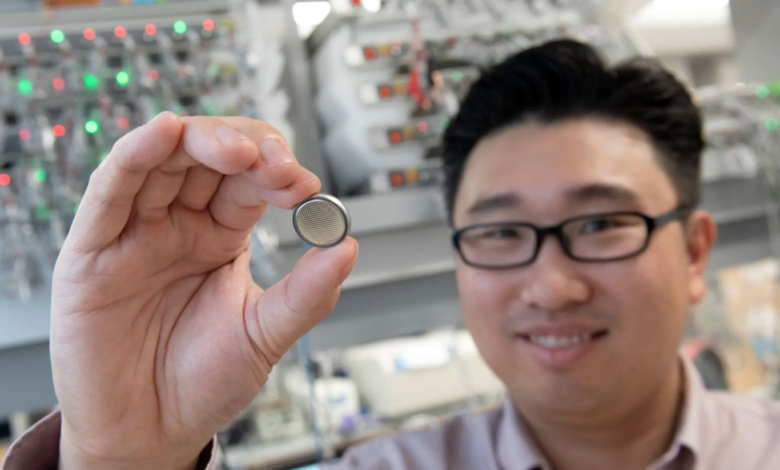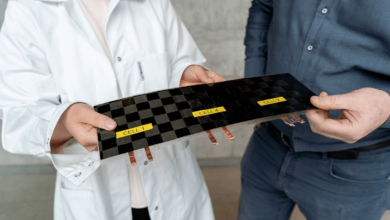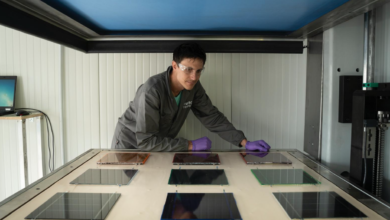Create cobalt-free and low-nickel lithium batteries

95% initial capacity maintained after 1,000 cycles
(sustainabilityenvironment.com) – Create in the United States the first cobalt-free lithium batteries with a long life. The secret? Use only nickel and at the lowest possible concentration.
The ethnicity of cobalt and the high nickel prices
The increased demand for rechargeable storage devices has brought to light ancient but little-known problems of lithium-ion batteries. Cobalt, one of the key ingredients of modern rechargeable, has a bloodstained supply chain. Three fifths of the metal used globally is extracted in the Congo where a good 33% of the supply is linked to illegal mines and the exploitation of child labour.
While assuring the ethical origin of cobalt became a necessity, lithium-ion technology faced a new problem: nickel, another indispensable metal for today’s rechargeables, has entered a spiral of price increases. Today its price exceeds 22,7 dollars to the kilo and the volatility that has accompanied in the last few years will last for a long time with trend in continuous increase.
Read also Recycling lithium batteries efficiently and economically is now possible
The demand for energy storage is one: how to reduce the nickel content and eliminate cobalt while maintaining high specific energy and stability? A valid answer comes today from the University of California, in Irvine. Here, a team of researchers has developed new cobalt-free lithium batteries, which use as little nickel as possible.
“Nickel has no problem with child labour,” explains Huolin Xin, physics professor and research team coordinator. “Until now, however, it was not a practical replacement because large quantities were needed to create lithium batteries. We are the first group to have inaugurated a low nickel road”.
New doping for cobalt-free lithium batteries
Xin’s team took three years to devise a process called “complex concentrated doping”. What is it? Of a strategy that allows to add to the materials small amounts of doping elements; reduced percentages of “impurities” able to modify the electronic properties of the material itself. When applied to the cathode, the process gives up the cobalt while increasing the efficiency of the nickel.
The first tests within the university showed relatively high specific energy and remarkable overall performance. Cobalt-free lithium batteries retained about 95% of their initial capacity after 1,000 cycles in bag cells.
According to the scientist the new nickel chemistry will quickly begin to transform the lithium-ion battery industry. And the auto industry is looking forward to being able to replicate the results of the study. “Electric vehicle manufacturers are really excited about low nickel batteries and many companies want to validate this technique,” said Xin. “They want to do safety tests“. The results were published in the journal Nature Energy.





